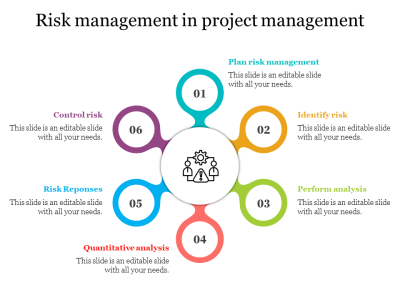Product Management
Product Management It plays a critical role in the development and lifecycle management of a product So they are responsible for guiding a product from its conception through to its ultimate release and beyond. They act as the bridge between the …
Overview
Product Management
It plays a critical role in the development and lifecycle management of a product So they are responsible for guiding a product from its conception through to its ultimate release and beyond.
They act as the bridge between the various teams involved in the product development process, including engineering, design, marketing, and sales, So they ensure that the product meets both customer needs and business goals.
Here are some key aspects of product management:
- Product Strategy: Product managers define the overall strategy for the product.
- This includes identifying target customer segments, understanding market trends, and setting the product’s vision and goals.
- Market Research: They conduct market research to understand customer needs, pain points, and competitors.
- This information helps shape the product’s features and design.
- Product Planning: Product managers create a product roadmap outlining the planned features and priorities.
- This roadmap serves as a guide for the development team.
- Prioritization: They must prioritize features and enhancements based on factors like customer feedback, business goals, and technical constraints.
- This requires balancing short-term and long-term goals.
- Cross-Functional Collaboration: Product managers work closely with various teams, such as engineering, design, and marketing, to ensure everyone is aligned on the product’s goals and progress.
- User Experience (UX): They are responsible for the user experience and interface design,
- They are ensuring that the product is user-friendly and meets customer expectations.
- Product Development: Product managers oversee the development process, making sure the product is built according to specifications and within budget and timelines.
- Testing and Quality Assurance: Product managers collaborate with quality assurance teams to ensure the product meets quality standards and is bug-free.
- Launch and Go-to-Market: Product managers plan the product launch and coordinate marketing and sales efforts to drive adoption and revenue.
- Feedback and Iteration: After the product is released, They collect user feedback and use it to make ongoing improvements.
- This iterative process is crucial for maintaining product relevance.
- Metrics and Analytics: Product managers track and analyze key performance metrics to gauge the product’s success and make data-driven decisions.
- End-of-Life Decisions: They also decide when to retire a product or feature if it is no longer viable or aligns with the company’s goals.
In essence, product managers are responsible for the entire lifecycle of a product, from concept to retirement, and they must be able to juggle multiple tasks while keeping the customer’s needs and business objectives in mind.
It’s a multifaceted role that requires a mix of technical, business, and interpersonal skills.
Curriculum
- 1 Section
- 3 Lessons
- 1 Hour






